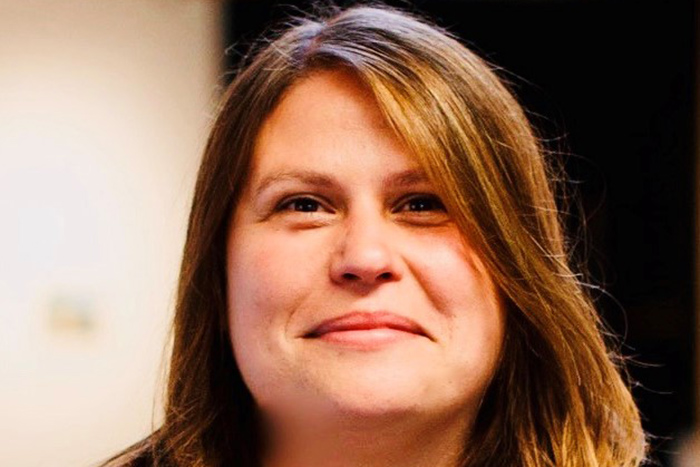Written by Professor Georgina Randsley de Moura
Every year for over a century 8 March has marked International Women’s Day. The day has a political foundation, to promote collective action for the advancement of gender equality. Over the years the reach has expanded, and the day provides global opportunities for celebration, reflection, and challenge.
A theme this year is to #BreakTheBias. This is a powerful call to action and across the world, people will be hosting events, ceremonies, speakers, conferences, and protests to highlight the ways to break the bias, and why urgent action is still needed. Bias is at the core of inequality; it is conscious and unconscious and results in stereotypes and discrimination which are mostly systemically ingrained. Yet change feels sluggish, and progress is slow. How can we accelerate work to #BreakTheBias? I think part of the puzzle is to think of meaningful change as a journey which is effortful, collective, and requires leadership.
The bias women experience is not unidimensional. To break the bias, we need to take individual accountability and to spend the time and energy to understand lived experiences. This means providing safe and open spaces for sharing, with kindness and humility. It means keeping informed, updating our knowledge and skills, and continuous communication. It means recognising and addressing the intersectional structural discrimination that members of our community face, including ableism, transphobia, racism and homophobia. It takes effort. We can be more confident we are still on the right journey when we make the effort to understand what equality means for all women.
The collective and effortful nature of our journey towards gender equality will be advanced with leadership. To fast-track progress to break the bias will take distributed shared leadership, empowering individuals and teams, and recognising
leadership practise in day-to-day activities and collaborations. For example, this might be the leadership of a network event, organising a celebration of women’s work, publishing a report, calling someone out, developing a new call to action. It is the practise of leadership in everyday life, meaning wherever we are on the journey we are aiming to get further along but reaching out to hold the hands of those behind us, hopefully bringing new people in to join us. Especially in times of wider change and uncertainty shared leadership – and the recognition of this leadership – will be essential to drive change.
Every chip to #BreakTheBias matters. On the 8 March I will cross my arms to symbolise we need to break the bias as per the IWD call to action. But I will do so with an energy that means I can open them even wider ready to listen, collaborate, take action, lead and follow. I encourage you to join me.
